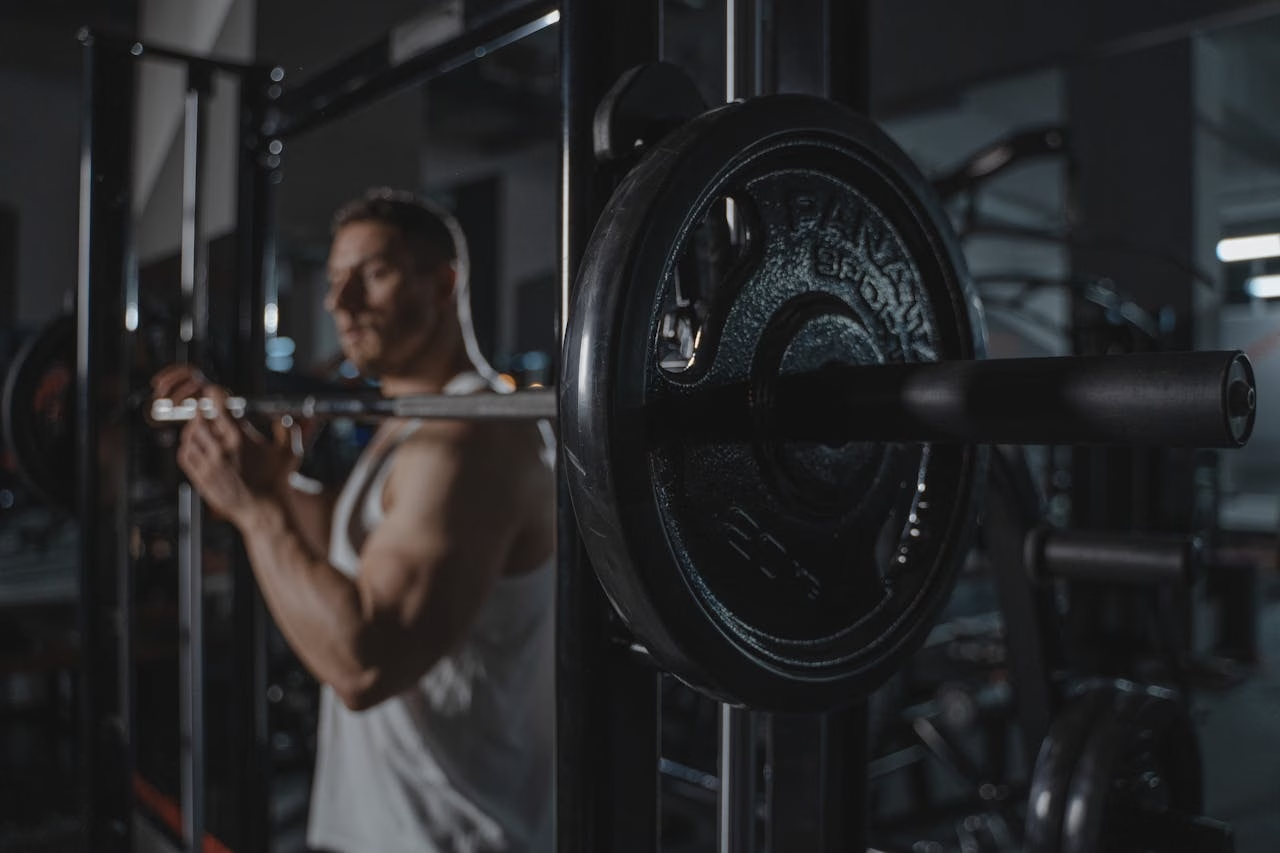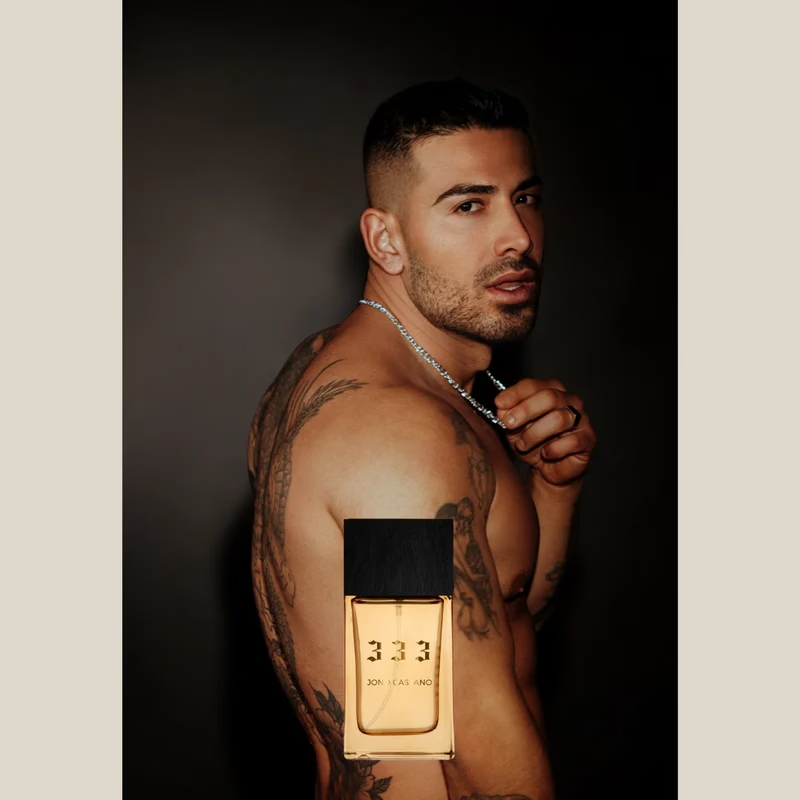Australia’s gym scene is ripped, rowdy—and, according to insiders, increasingly riddled with crime. A recent news.com.au report pulled the cover off a troubling trend: some fitness centres are being used as fronts for money laundering, steroid distribution, and gang activity, particularly by outlaw motorcycle groups. Police have linked gym fires, dodgy ownership structures, and offshore money trails to bikie-connected businesses. The big question now: what can be done about it? The call for gym licensing has gone out.
The proposed solution? Treat gyms with the same government oversight like the aged care and childcare sectors.
Leaders in the sector, including AUSactive CEO Barrie Elvish, are calling for a national licensing framework—one that would mirror the oversight models used in more vulnerable sectors like elder care and early learning. The aim: enforce stricter background checks, elevate standards, and root out rogue operators.
But here’s the big question: will it actually work—or just add bureaucracy to an industry already bending under regulation and franchised complexity? Will small operators pay for the sins of a few? Is the call for gym licensing necessary?
Will Gym Licensing Solve the Problem?
Let’s not pretend the threats aren’t real. Police reports and royal commission hearings have flagged gyms as low-hanging fruit for criminal groups. With 24/7 access, patchy staffing, and a culture that celebrates big bodies and cash deals, it’s easy to see how shady activity could fly under the radar.
But licensing systems work only if people abide by them—and the people this crackdown targets likely won’t. As one former fitness operator told news.com.au, criminals don’t need to hold a license themselves. They just need a clean front person to do it for them.
Meanwhile, legitimate gym owners could find themselves hit with new costs, inspections, compliance red tape and delays—punished for doing the right thing while the crooks carry on unchecked behind closed doors.
From Biceps to Bureaucracy
AUSactive says licensing is about “safeguarding public health.” That’s a noble goal. But the analogy to aged care and childcare raises some uncomfortable comparisons. In those sectors, regulation hasn’t always led to better outcomes—it’s created an industry where paperwork often overshadows people.
Is that really what we want in fitness?
Maybe what’s needed isn’t more paper-pushing, but better enforcement of the rules we already have. That means giving law enforcement the tools—and the political backing—to go after the true offenders. It also means supporting whistleblowers, trainers and staff who know when something’s not right but fear the fallout of speaking up.
It’s Up to Us
What kind of fitness industry do we want? One that’s professional, transparent and trustworthy—or one that hides its rot under protein tubs and treadmills?
Regulating gyms like aged care sounds good in theory. But like many things in fitness, form matters more than intention. We want to know what you think.
Would national licensing clean up Aussie gyms—or just flex for the cameras?




